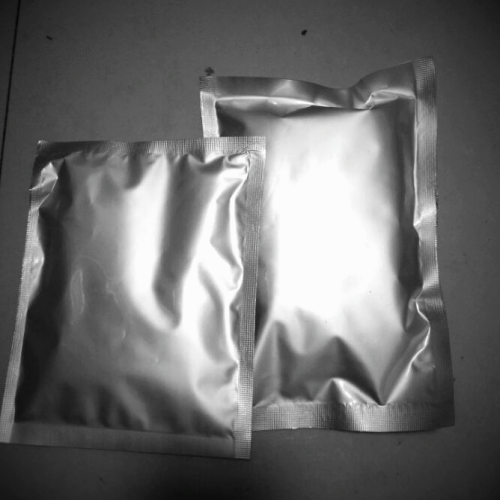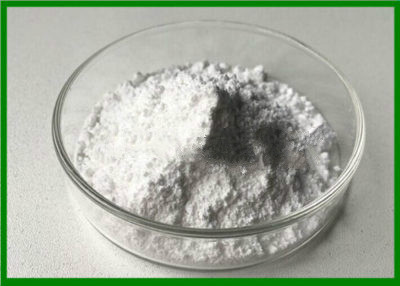Buy Quality Raw Smart Drug Nootropics Powder Fasoracetam Aka Ns-105 (CAS 110958-19-5) for Enhancing Memory
What is Fasoracetam?
Fasoracetam is a research chemical of the racetam family. It is a nootropic, and has been in clinical trials for vascular dementia and attention deficit hyperactivity disorder.
Fasoracetam appears to agonize all three metabotropic glutamate receptors and has improved cognitive function in rodent studies. It is orally available and is excreted mostly unchanged via the urine.
Fasoracetam Basic information
Product Name:Fasoracetam
CAS NO: 110958-19-5
Appearance: white powder
Purity: 99%
Grade: Food Grade, Medicine Grade
Specifications: 99%
Packaging: 1Kg with double plastic bag inside,foil bag outside
Store at: Room temperature
Fasoracetam Certificate Of Analysis
| Product name |
Fasoracetam |
| CAS No. |
110958-19-5 |
Outer Packing |
1KG |
| Production date |
15th Jan 2018 |
Shelf life |
14th Jan 2021 |
| Standard adopted |
Enterprise standard |
| Items of analysis |
Specification |
Results |
| Appearance |
White powder |
White powder |
| Identification |
NMR,HPLC |
Conforms |
| Heavy metal |
≤10ppm |
Conforms |
| Loss on drying |
≤1.0% |
0.53% |
| Purity |
>99% |
99.35% |
| Conclusion |
Qualified |
How does Fasoracetam work?
Fasoracetam Powder works by modifying receptors in the brain. It works on the cholinergic, GABA, and glutamate receptors, which all play a role in forming and storing new memories. Like most nootropic compounds and fellow racetams, Fasoracetam Powder affects the brain to bring about mild cognitive benefits.
Fasoracetam Benefits
Fasoracetam powder can improve memory and focus, improve stress, boost mood, and even help beat procrastination by increasing motivation and mental clarity.
Attention: All chemical compounds have risks. Please consult your physician, and understand the available research, before handling. This product is not intended to diagnose, treat, cure, or prevent any disease. It has not been approved, nor have these statements been evaluated, by the FDA.
Fasoracetam Dosage
There is no standardized dose of fasoracetam for humans yet. The anecdotal evidence suggests smaller doses range around 10 – 15 mg with larger doses in the 30 – 50 mg per serving three times per day.
Exact toxicity is not yet known, however the highest recommended dose is generally 100mg. Additionally, use by elderly people is not recommended as Fasoracetam metabolism is heavily dependent on kidneys and significant accumulation has been reported in those with compromised renal function.


